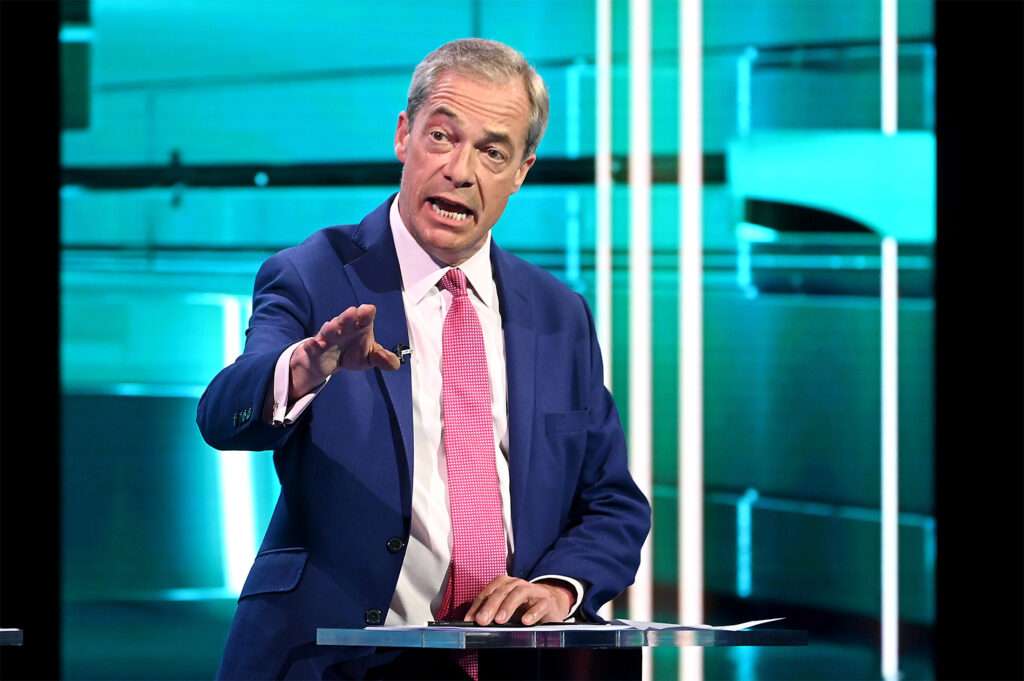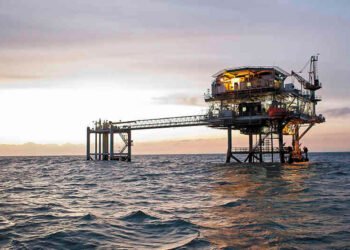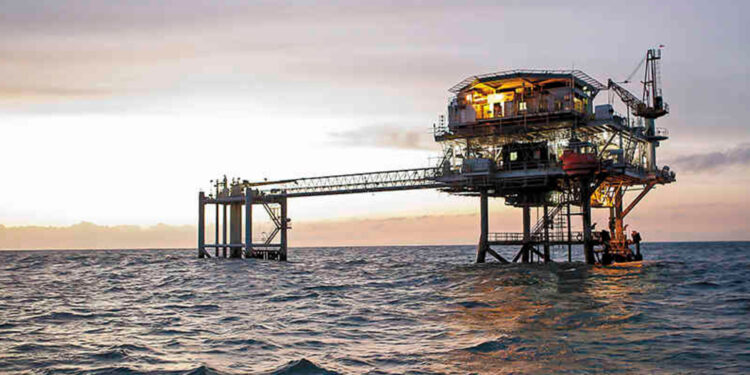Prime Minister Keir Starmer has called for a “profound cultural shift” in Whitehall, accusing civil servants of complacency and urging them to focus on delivering tangible results.
In a speech outlining the Labour government’s next phase, Starmer pledged to counter the UK’s “declinist mentality” by emphasizing ambition and measurable progress.
Addressing an audience at Pinewood Studios in Buckinghamshire, Starmer asserted, “Too many people in Whitehall are comfortable in the tepid bath of managed decline. We must choose change, not because it’s easy but because it’s hard.”
Starmer unveiled six key “milestones” for accountability, including delivering higher living standards, decarbonizing the power grid, and advancing 150 major infrastructure projects.
However, the announcement has been met with skepticism, particularly over omissions such as immigration and concerns about diluted targets.
One of the government’s flagship pledges, to decarbonize the UK’s power grid by 2030, has been revised to achieving “at least 95%” clean energy by the same year. The adjustment has sparked criticism, with some accusing Labour of shifting goalposts.
Ed Miliband, the Net Zero Secretary, defended the change, explaining that the remaining 5% reflects the need for a strategic gas reserve. “This adjustment ensures energy security while staying aligned with our net-zero commitments,” Miliband said.
The prime minister emphasized the importance of inclusive economic growth, stating that success must be “felt by everyone, everywhere.” He set a broad goal of increasing real household disposable income and GDP per capita across all regions, although no specific numerical targets were provided.
Immigration Sparks Questions
Starmer faced scrutiny over his decision not to include immigration among the outlined milestones. When pressed by reporters, he described border control as a “foundational” issue, distinct from the broader national goals.
The omission comes amid revelations that over 20,000 people have crossed the Channel on small boats since Labour took office five months ago. Labour officials attributed the increase to favorable weather conditions this autumn compared to last year.
Critics, including Reform UK leader Nigel Farage, argued that the lack of a clear immigration target reflects the government’s inability to tackle the issue effectively.

With the slogan “Plan for Change” prominently displayed behind him, Starmer sought to project optimism. Acknowledging the challenges ahead, he described Britain as “broken, but not beyond repair” and expressed confidence in the country’s potential to “do great things.”
The prime minister also addressed the risks inherent in his ambitious agenda. “We embrace the risk,” he said. “Because if there was no resistance, no impediments, it would be a sign that we weren’t serious about delivering real change.”
The speech was met with mixed reactions. Conservative Party leader Kemi Badenoch dismissed it as an “emergency reset” and claimed Labour’s policies are faltering. “This government wasn’t ready for office, and its costly plans for energy decarbonization are proof of that,” Badenoch said.
Liberal Democrat leader Ed Davey criticized the absence of specific healthcare targets, calling it “worrying,” while accusing Starmer of “moving the goalposts.”
Labour, however, insists the speech represents continuity. Starmer countered claims of a reset by saying his government is “doubling down” on its national missions, which have been “robust” since their introduction two years ago.
Starmer’s push for accountability and focus on measurable outcomes signals a shift in the government’s approach, aiming to restore public trust and counter rising populism. While his vision has drawn criticism, it underscores a commitment to addressing systemic issues and rebuilding confidence in the political process.




















